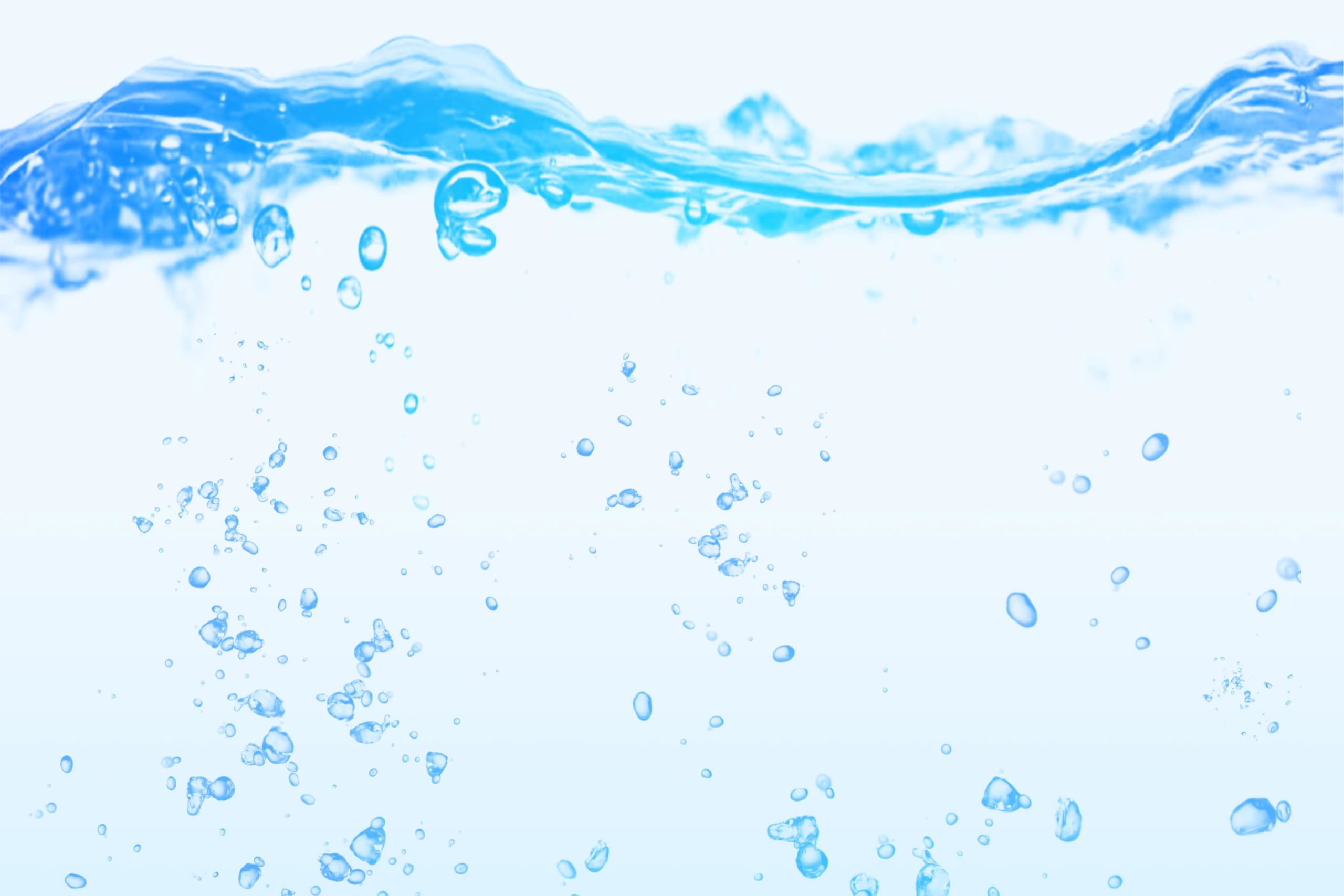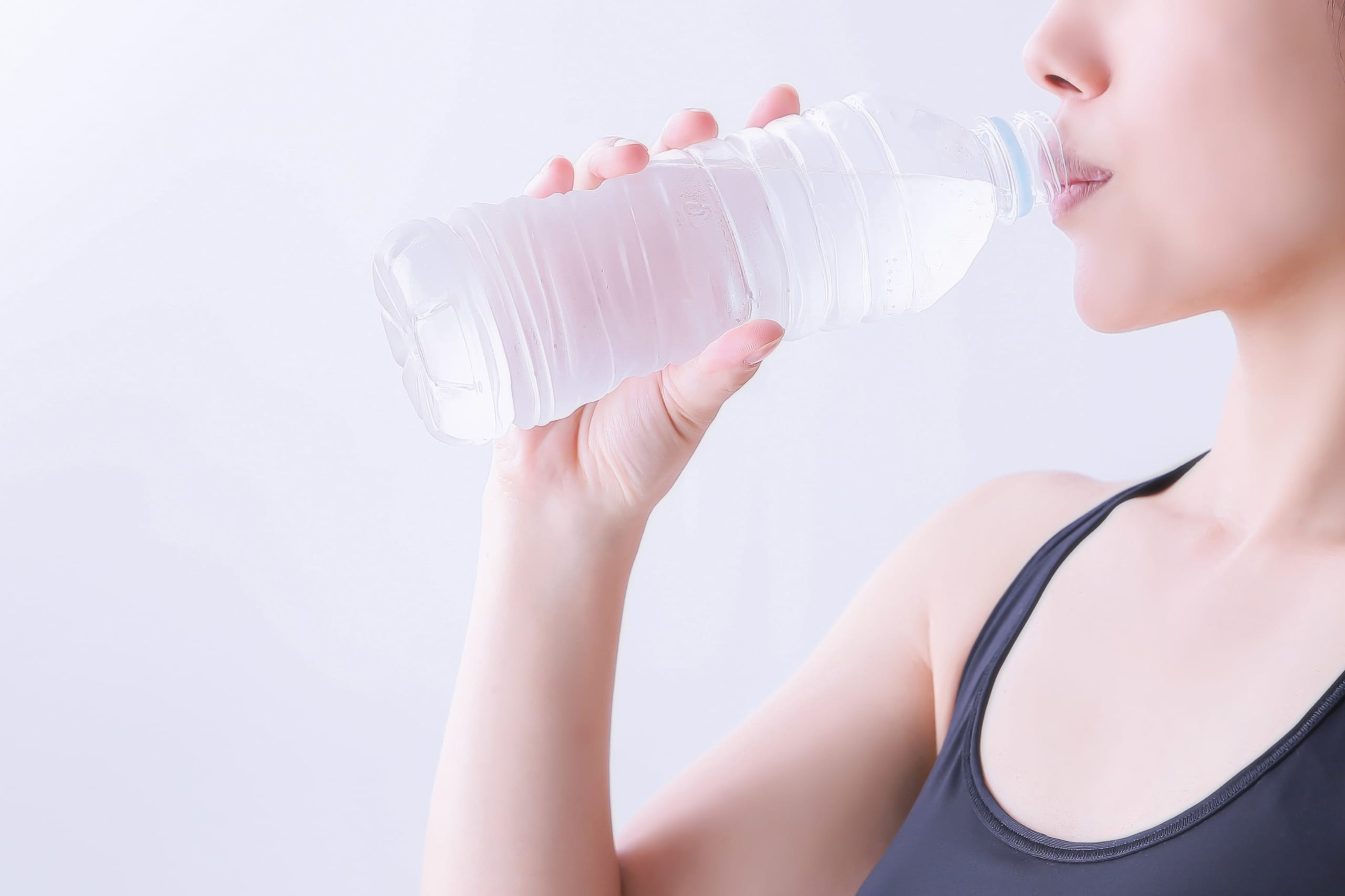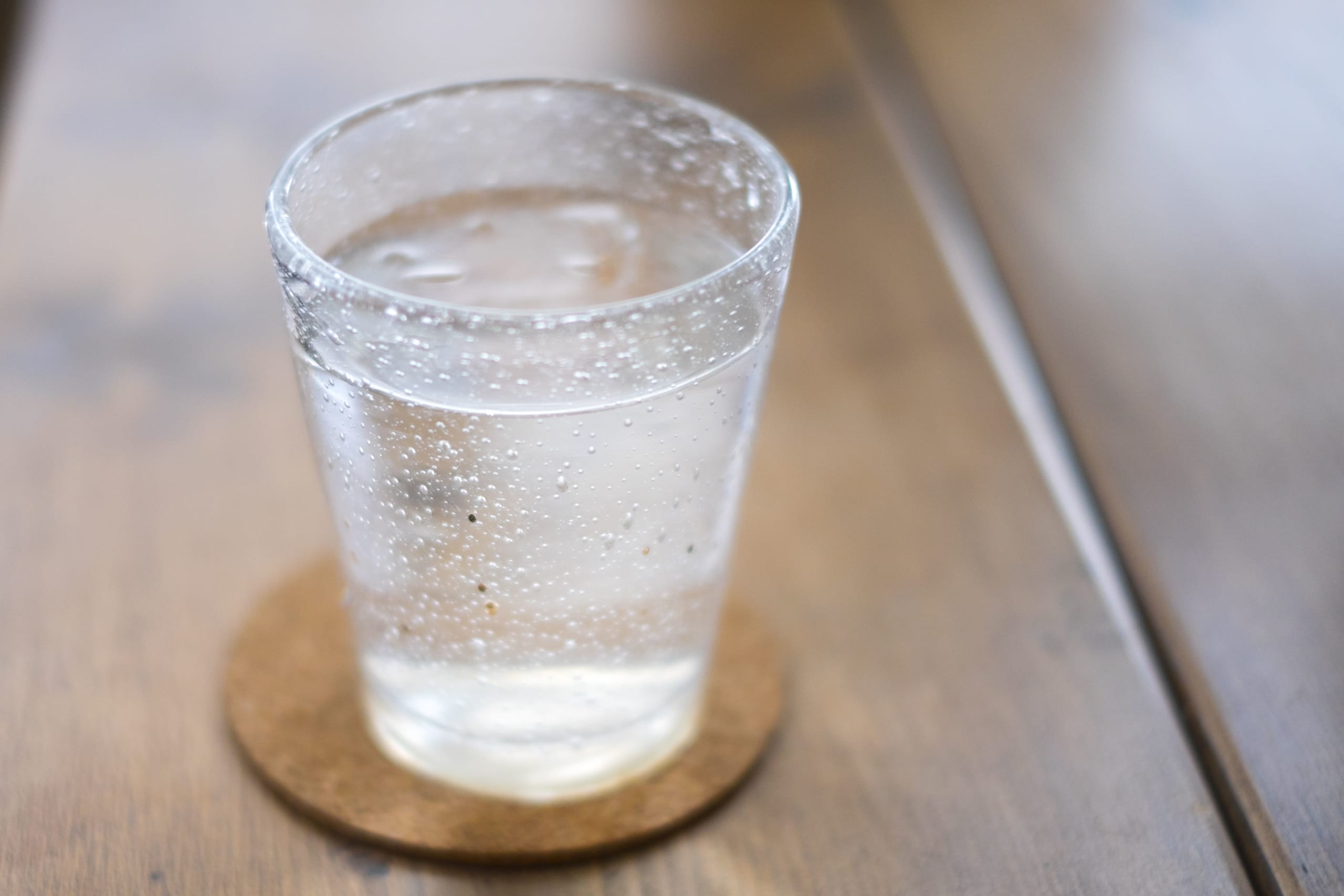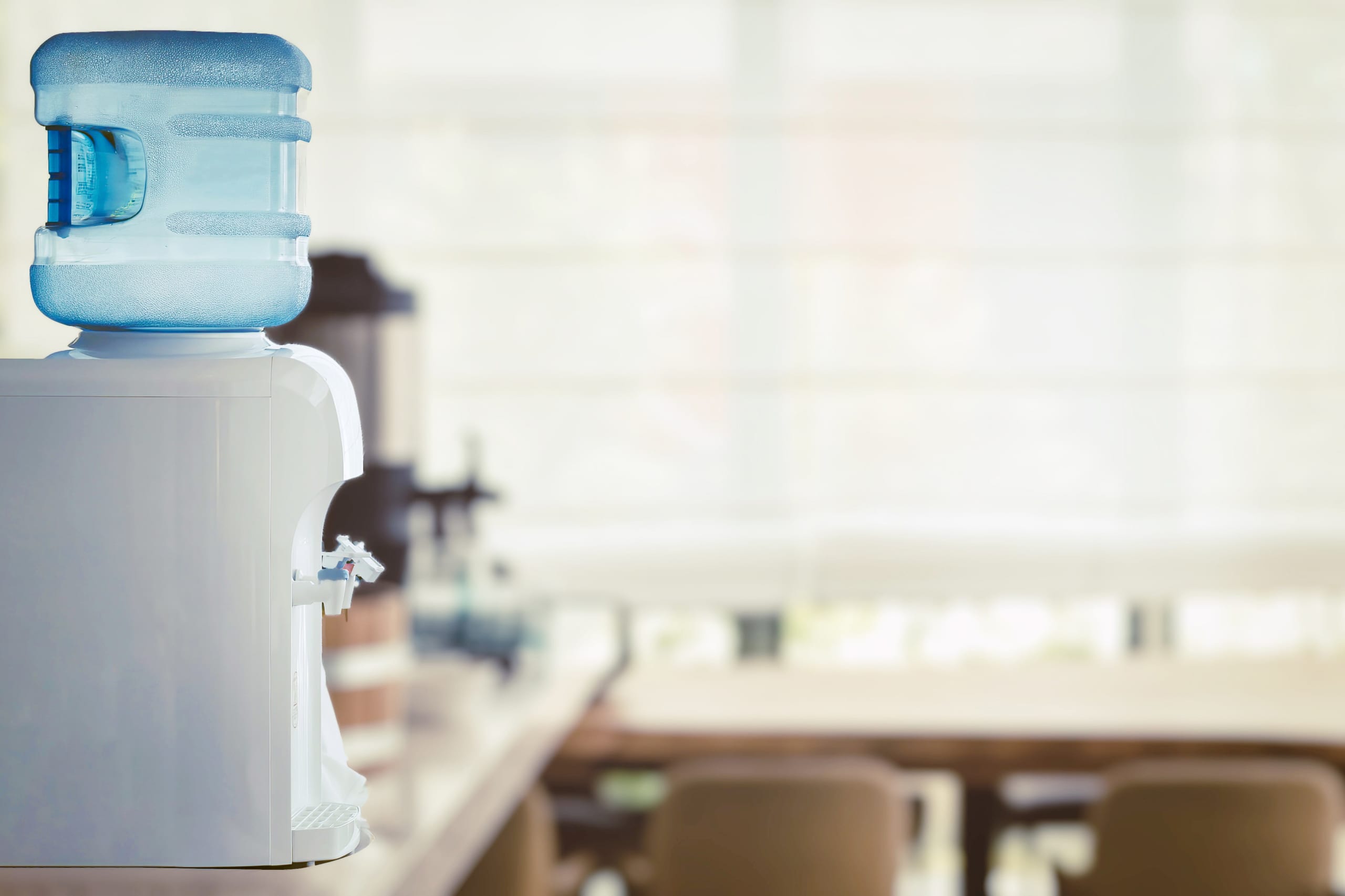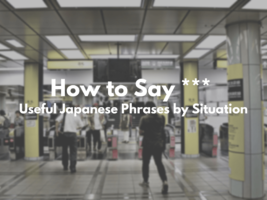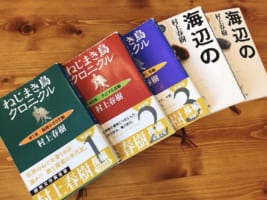4 Things to Know about Water in Japan
Is it safe to drink tap water in Japan?
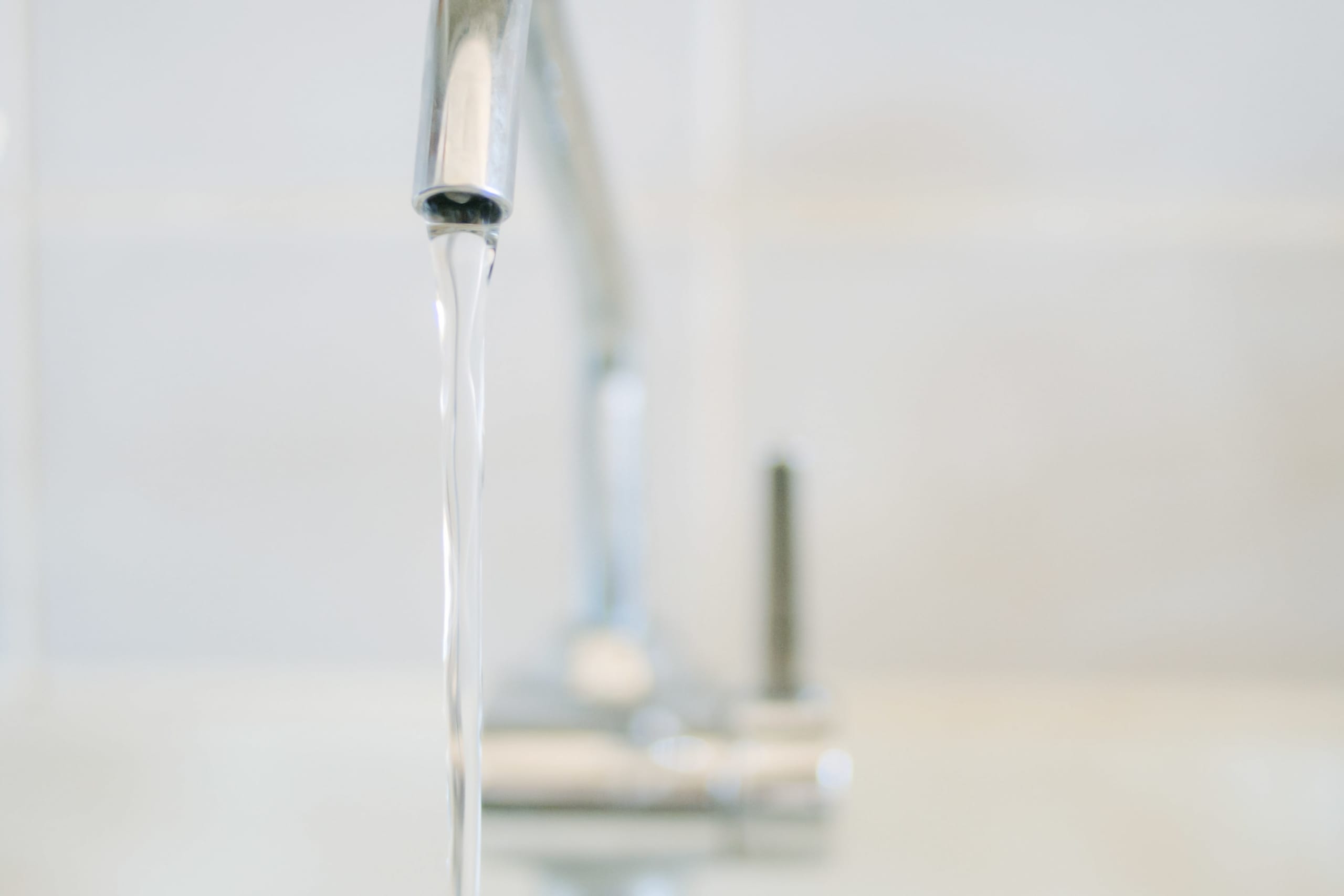
One of the most important things you wanna check and make sure of before traveling or moving abroad is sanitary safety, especially with the water for drinking and living, right? It’s the same even if your destination is Japan. Actually, this is really important in addition to the sanitary condition, but for your wellness, if you’re visiting Japan from late June to September when hydration is one of your keys to avoid heat attack during Japanese super-humid hot summer.
Needless to say, you don’t want that pure nightmare like you were grounded in bathrooms by water poisoning most of the time of your travel that originally should be the time for your fun adventure around Japan. While there’s always that rumor we hear often; the rumor about people got sick due to drinking local tap water during their trip to another country. Urgh!!
So, the ultimate question popping up here is… “Can I drink tap water in Japan or what?”
Here, you’ll find all useful info on characteristics and safety regarding tap water in Japan as well as other (and better) alternatives from tap water as an answer to the above.
1. Water in Japan is safe, first of all, be rest assured! 🙂
A big YES to your question, tap water in Japan is safe to drink. Actually, safe and much tastier than bottled waters if you go to the countrysides.
The standards for water safety in Japan are very high, even compared to most developed countries around the world.
One of the main characteristics of Japanese water is its softness. If you are from a hard water country, you’ll immediately notice the difference when you drink tap water in Japan. Well,..? No worries if you can’t tell by tasting it, just wait until you take a shower to experience how the soap/shampoo foam so fluffy with Japanese water. Shazam! It’s the power of soft water 🙂
Another important fact is the high availability of drinkable water. You may find faucets in most public parks. There’s even a mobile app that you can download to check where you can find these faucets to drink or refill your water bottle.
2. More to go for water quality and characteristics of tap water in Japan
As said above, Japanese water holds the property of being soft, although this softness level varies depending on the area of Japan you’ll visit. This is opposed to hard water which is common in places like Europe, the USA, and China.
Repeating the fun part again! If you come to Japan from one of such hard water areas, it won’t take you long to notice the difference of water, at your dining table, shower room, or even when you wash your hands with soap. Read below if you wanna know why the difference.
In case the term “Soft water” is new to you and wonder what it is, that’s the water contains fewer amount minerals (primarily calcium and magnesium) dissolved in it. Higher levels of these and other minerals make water hard. This fact makes soft water be easier for your SKIN, STOMACH, and HAIR compared to hard water. Can’t wait to feel the difference, huh?
The main reason Japanese water is softer compared to other countries is said to be because of its geographic features of the lands. Since the country is with many steep slopes, water doesn’t stay underground long enough as in comparison to places with flatter geographic areas where water stays longer and has the concentration of certain minerals that creates the water ‘hard’.
Because of this, there are some places, even in Japan, that have hard water such as Naha ( 那覇 ) in Okinawa prefecture.
3. Wanna be really really sure how safe is tap water in Japan?
After WWII, along with the rapid economic and population growth in Japan, demand for domestic and industrial water had increased leading to the construction of multi-purpose dams so as to secure a stable and adequate water supply. At the same time, laws concerning water quality were established to ensure the sanitary safety of the citizens.
Japanese water safety standards are one of the strictest in the world, even when compared to the standards by the EU countries, the USA, and the WHO. This standard includes the amount of E. coli, mercury, and arsenic detected in the water.
Although safety standards vary depending on the area, it is safe to drink tap water in pretty much any place in Japan. Some areas such as Tokyo are proud of the fact that its local tap water is sold in bottles!
4. What alternatives are there for Japanese tap water?
Even knowing that tap water in Japan is safe, I know there will always be a small part of you being uncomfortable about drinking water straight out of the faucet.
The simplest and easy alternative for tap water will be bottled mineral water. Most Japanese bottled mineral water brands provide soft, alkaline water. You’ll be able to find these at any convenience stores, supermarkets, and vending machines in various size options from mini (around 200-300 ml) to 2L.
But if you were to live in Japan, then other alternatives including buying a water purifier or tower water dispenser at home comes into your sight. Water dispensers are getting popular in Japan, especially by the latest trend of rental water dispensers with competitive pricing as opposed to having to buy the purifier or dispenser.
Fun trivia fact! : In Japan, you’ve got to use the Japan-made English term ‘water server’ to mean ‘water dispenser’ 😉 Ha ha!!
Now, that’s about all we’re to say today, but stay tuned with us, for more articles to come about Japan’s bottled mineral water, water purifiers, and water dispensers!
※Note for your peace at heart: Don’t worry if you try Japanese water and feel like you can’t adjust to its flavor or texture. You can still buy bottled hard water (such as Volvic and Evian) at convenience stores, supermarkets, and vending machines anytime.
Related Article: Is Water in Japan Safe? The Everything Guide to Drinking Water in Japan
▽Related Articles▽
▼Editor’s Picks▼
Written by
Born and raised in Costa Rica, I started living in Tokyo from college. I love traveling within Japan & around the world. Since I wasn’t born in Japan, I know the cultural impact that you can get when visiting Japan for the first time and what you might be worried about before your trip. And I’ve lived long enough to somewhat understand the nuances of the Japanese culture that make this country such an attractive place to visit. Hopefully I can provide to you both the information you’re looking for and the information you didn’t know you needed to know.





